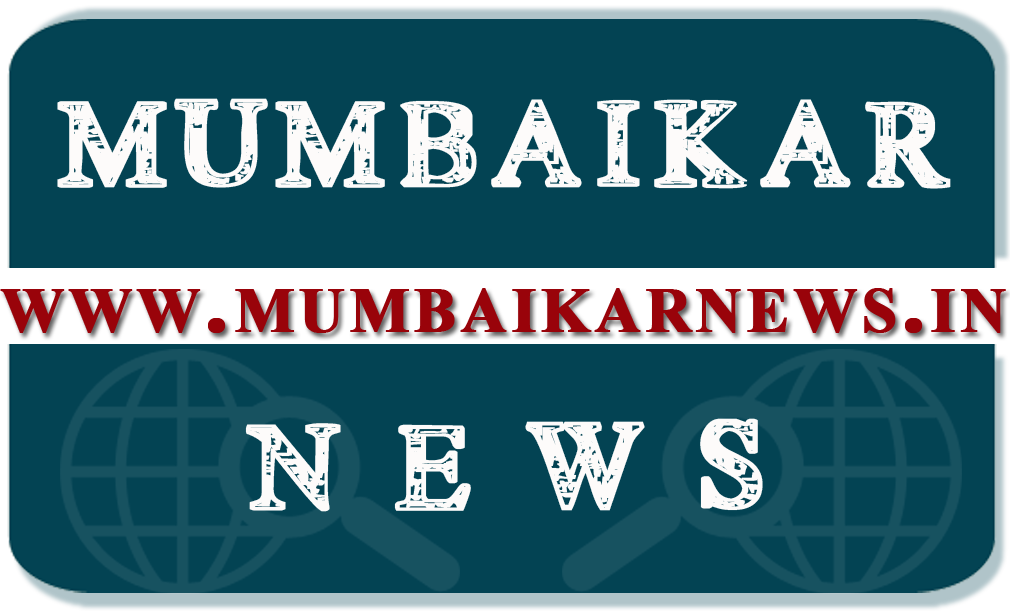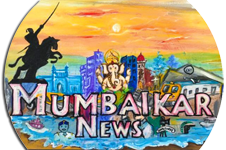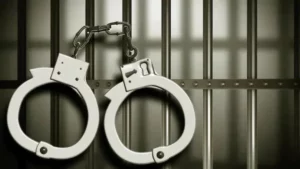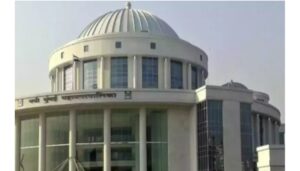Mumbai Metropolitan Region Prepares for Transformation with Extensive Infrastructure Projects

Mumbai, 29th June 2024: In Mumbai, significant transformations are underway within the Mumbai Metropolitan Region (MMR), with extensive infrastructure projects slated for completion between 2024 and 2030. The MMR encompasses Mumbai City, Mumbai Suburban, and parts of Thane, Raigad, and Palghar districts, spanning an area of 6,328 sq km and including various administrative entities such as municipal corporations, councils, and villages.
The Mumbai Metropolitan Region Development Authority (MMRDA) is overseeing multiple initiatives aimed at enhancing regional connectivity and transportation infrastructure. According to the Economic Survey of Maharashtra for 2023-24, these efforts mark a substantial evolution for Mumbai and its surrounding areas.
Among the key projects nearing completion is the Colaba-Bandra-SEEPZ Metro, currently at 91 % progress. Other Metro rail lines expected to commence operations in the coming years include DN Nagar-Mandale, Wadala-Ghatkopar-Thane-Kasarwadavli, Kasarwadavli-Gaimukh, Thane-Bhiwandi-Kalyan, Swami Samarth Nagar-Vikhroli, Dahisar East–Mira Bhayandar, Andheri-Mumbai Airport, Gaimukh-Shivaji Chowk, and Kalyan-Taloja. These projects are being executed by the Mumbai Metro Rail Corporation Ltd under a public-private partnership (PPP) model.
Additionally, projects under the Central Railway (CR) and Western Railway (WR) are progressing across various stages. These include additional railway lines, new suburban corridors, and improvements in infrastructural capacities aimed at enhancing commuter services and efficiency. The Mumbai Rail Vikas Corporation (MRVC) is managing these initiatives.
In terms of road infrastructure, the Mumbai Coastal Road Project, overseen by the BrihanMumbai Municipal Corporation (BMC), stands out as a transformative endeavour. Other notable projects include the Sewri–Worli Elevated Connector, Versova-Virar Sea Link, construction of a six-lane tunnel from Tikujiniwadi in Thane City to Sanjay Gandhi National Park in Borivali, and several traffic improvement and flyover constructions across key junctions and corridors.
These initiatives collectively aim to alleviate traffic congestion, enhance connectivity, and bolster Mumbai’s infrastructural framework to meet the growing demands of its populace and economy.






